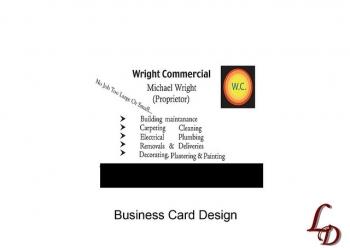Appliance Repair Ins and Outs

One of the constants that every homeowner knows is that over time appliances will break down if not maintained properly. We do not expect our appliances to break down anytime; in fact, refrigerators, freezers, dishwashers, washing machines and dryers, ranges and other household appliances were manufactured to perform day after day under warranty.
But after a few years and the expiration of the warranty, you may start to forget about keeping good maintenance on fridges and freezers, ice makers and drains. What happens next is that an appliance breaks down. Its light may go out, its coils may stop humming, its drains may stop draining. You seem to know the problem, but are unsure of the solution to repair it.
What can you do? If you’re comfortable with troubleshooting appliances with tools, and can see a blown fuse or fixture pretty quickly, then repairing household appliances, small to large, may be the answer. There are appliance repair shops that can offer a professional service to your house, or you can just find the parts you need online. If you’re interested in saving money, you’ll choose to find the parts your self and do the job on your own.
Let’s start with small appliances. Some of the most common household appliances that are small in size are clothing irons, electric fry pans and waffle irons. There are also toaster ovens, electric coffee makers, blenders, portable convection ovens, indoor grills, deep fryers and more. The explosion of convenience in the modern kitchen has led to more homemakers knowing how to care and maintain these appliances, as well as troubleshoot and repair them.
Parts for these appliances are generally abundant online. You might need to repair a broken heating element, or some blades, or a small motor or drive shaft. Once you’ve located the source of the problem and have gotten the appliance replacement part, then it’s important to understand if electrical considerations are important.
Your home’s electrical system is what powers the AC for your appliances. Most small appliances run on 110-120-volt circuits, while larger appliances like air conditioners, washers, dryers and others work off 220-240-volt wiring and can wreak havoc if plugged into standard 110-120-volt circuits. Large appliances must be plugged into grounded outlets, or used with a special adapter for grounding. Preparation to appliance repair is important here. We want a repaired appliance, not a fried homeowner.
It’s best to speak to your hometown appliance repair outlet for insights into repairing large appliances, or consult the manufacturer’s guides online. That’s where you’ll learn about any tips or tricks that could help in making a certain kind of appliance repair on your own. When one of your major appliances breaks down, being aware of the pitfalls of an incorrect diagnosis can be as important as the actual repair.
